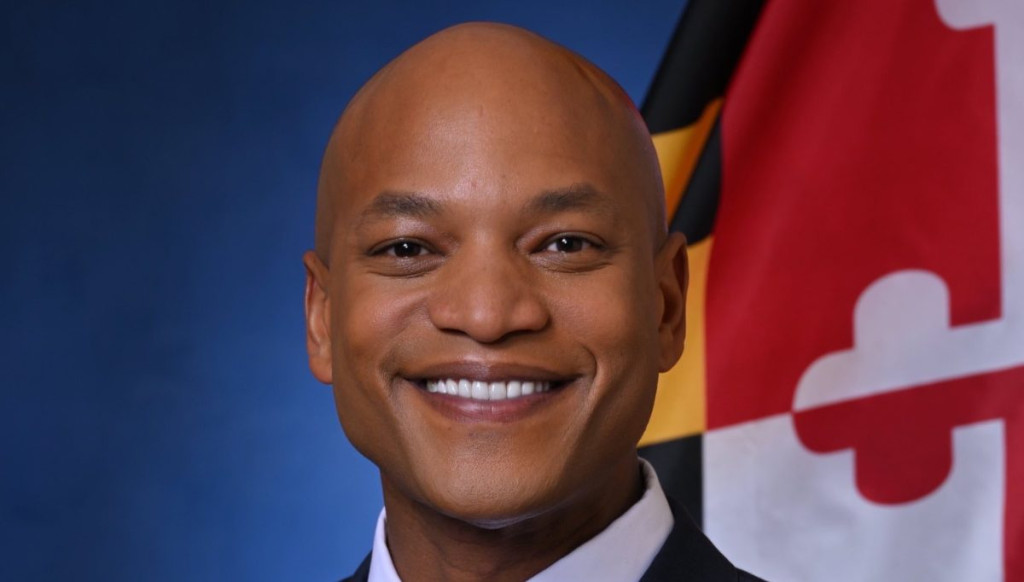Maryland Governor Wes Moore made a powerful statement this Juneteenth not just with words, but with action.
At a Juneteenth celebration, Moore announced that his office is issuing 6,938 pardons for misdemeanor cannabis possession, a move that follows last year’s sweeping clemency order that cleared the records of over 175,000 Marylanders. “This is the work of repair,” Moore said, “and it’s long overdue.”
For Moore, it’s more than a policy shift; it’s deeply tied to racial equity. In an interview with News4 earlier this week, he made it clear: “It’s about access. It’s about inclusion. And it’s about wealth.”
Cannabis Pardons That Mean Business
Cannabis has been legalized in Maryland, but thousands still carry the weight of past convictions, most of them Black and Brown. These records have historically blocked people from jobs, housing, and economic mobility. Moore’s latest round of pardons aims to change that.
“This is about correcting a system that has punished people disproportionately for far too long,” Moore emphasized. “You can’t talk about equity and not talk about justice.”
$400M to Underserved Communities
But the governor didn’t stop there. He also unveiled the JUST Communities program, directing over $400 million toward 419 historically underserved Census tracts across Maryland. These are neighborhoods that have been shaped by redlining, impacted by destructive infrastructure projects, or burdened with environmental and health hazards.
From Prince George’s County (89 tracts) to Montgomery County (36 tracts), the funding is meant to level the playing field by increasing homeownership, boosting appraisal values, and making it easier for Black families and other marginalized communities to build wealth.
“This is one of the most aggressive homeownership pushes for the Black community that we’ve seen in our state’s history,” Moore said. “Maryland is moving more aggressively on ending the racial wealth gap than any other state in the country.”
Eyes on the Bigger Picture
Moore’s equity playbook isn’t without controversy. He’s faced criticism for vetoing a bill that would have formed a commission to study the harms of slavery. However, in his view, these initiatives are designed to have a real-world impact, right now.
“Studying the past is important,” Moore said, “but we also have to be laser-focused on how we repair and rebuild communities today.”




